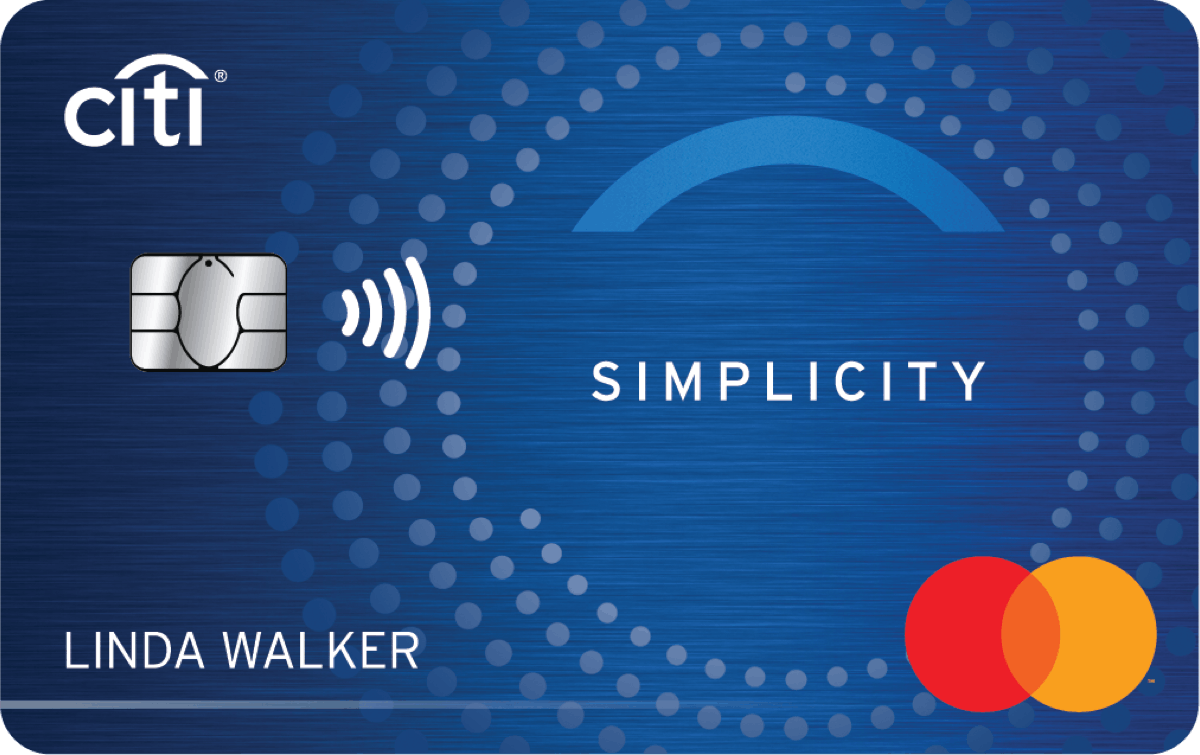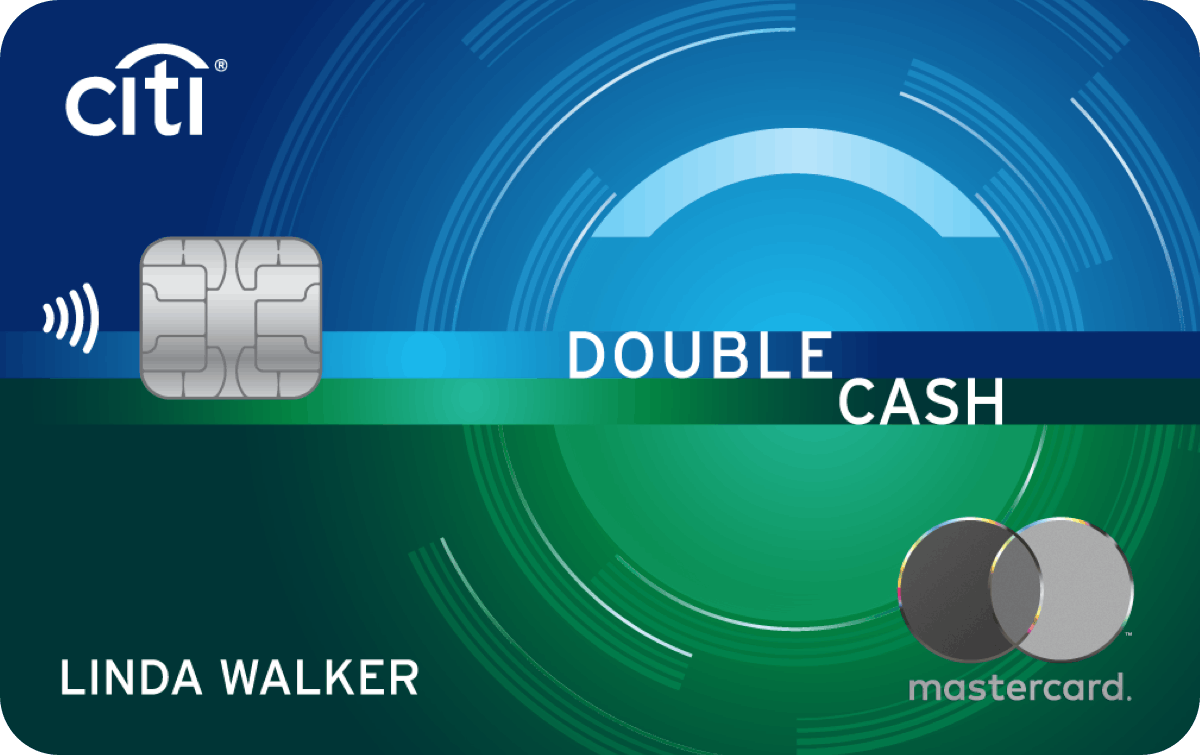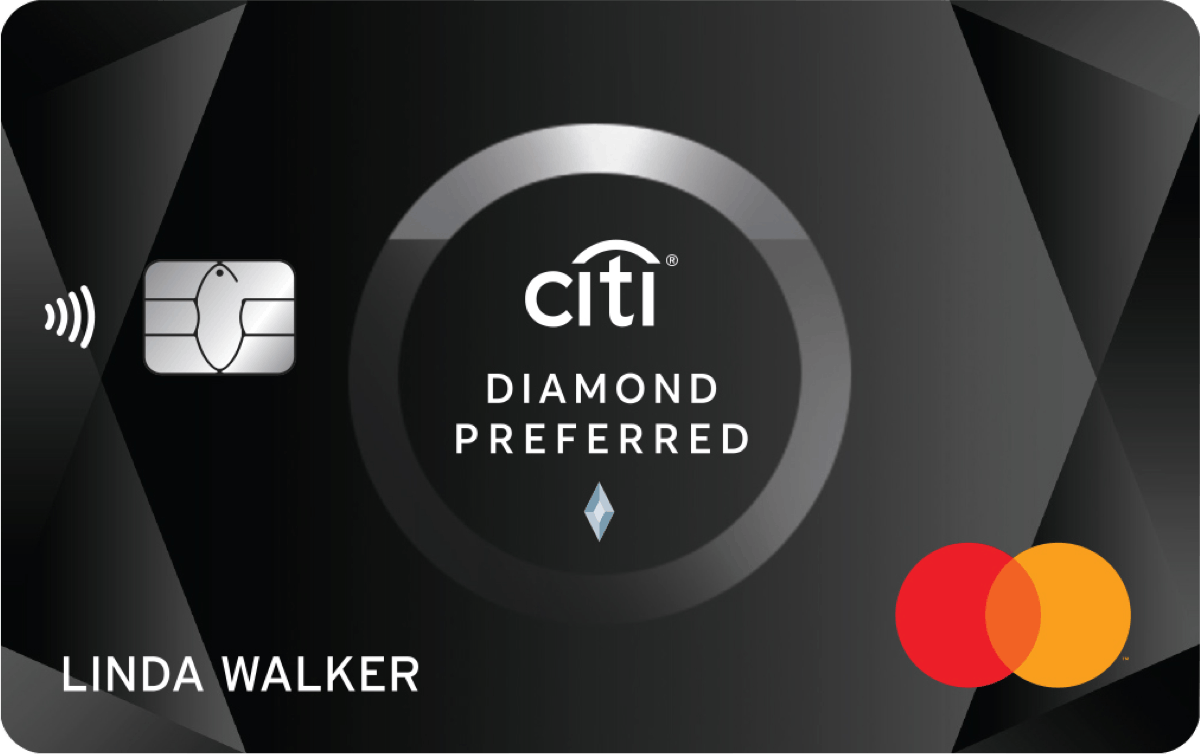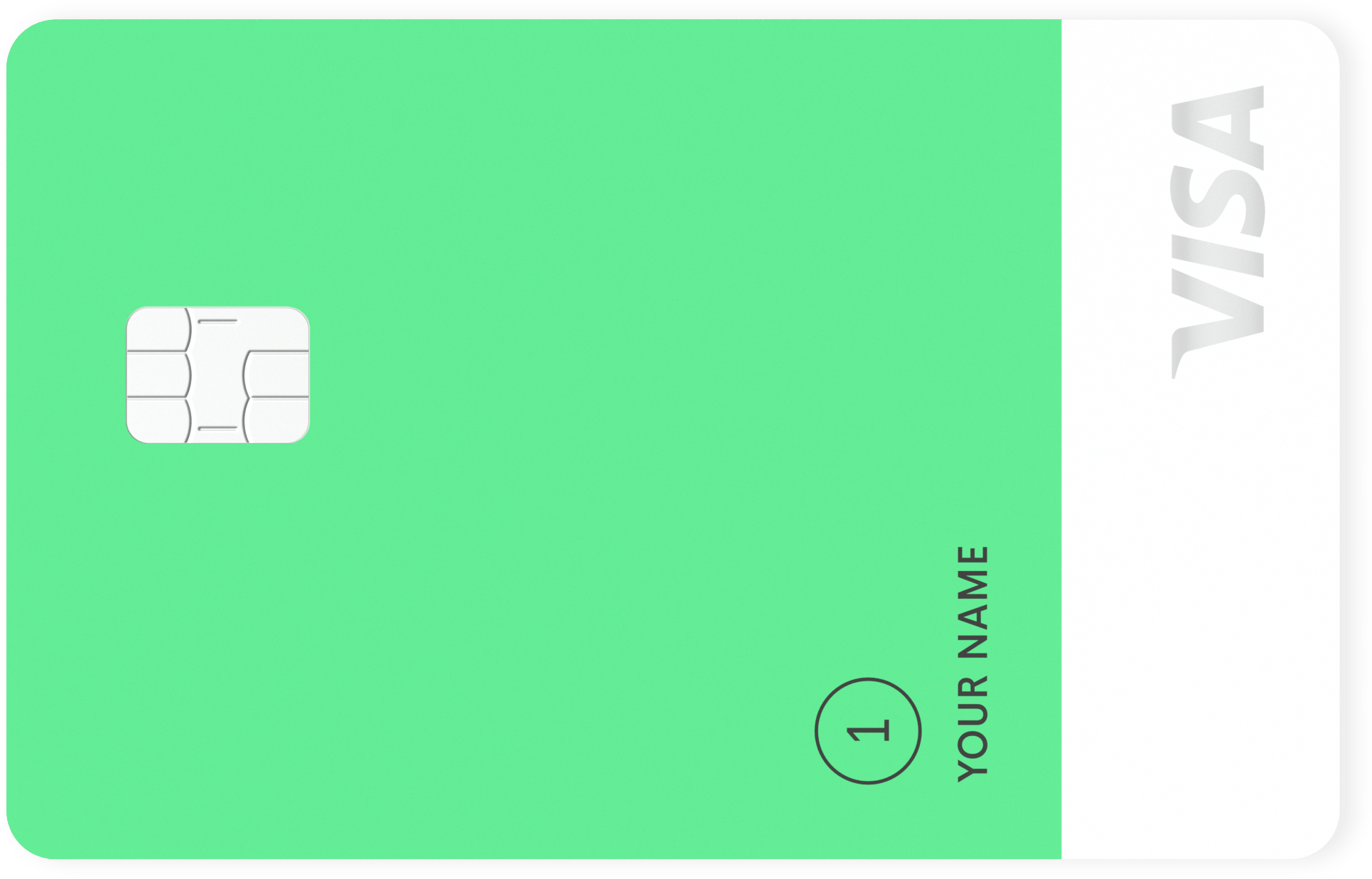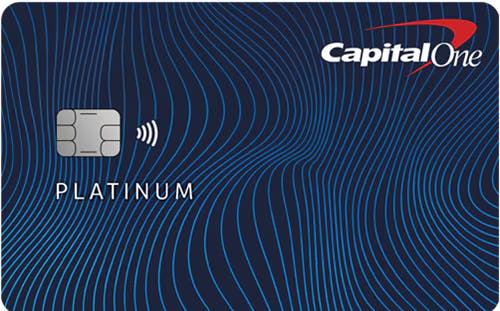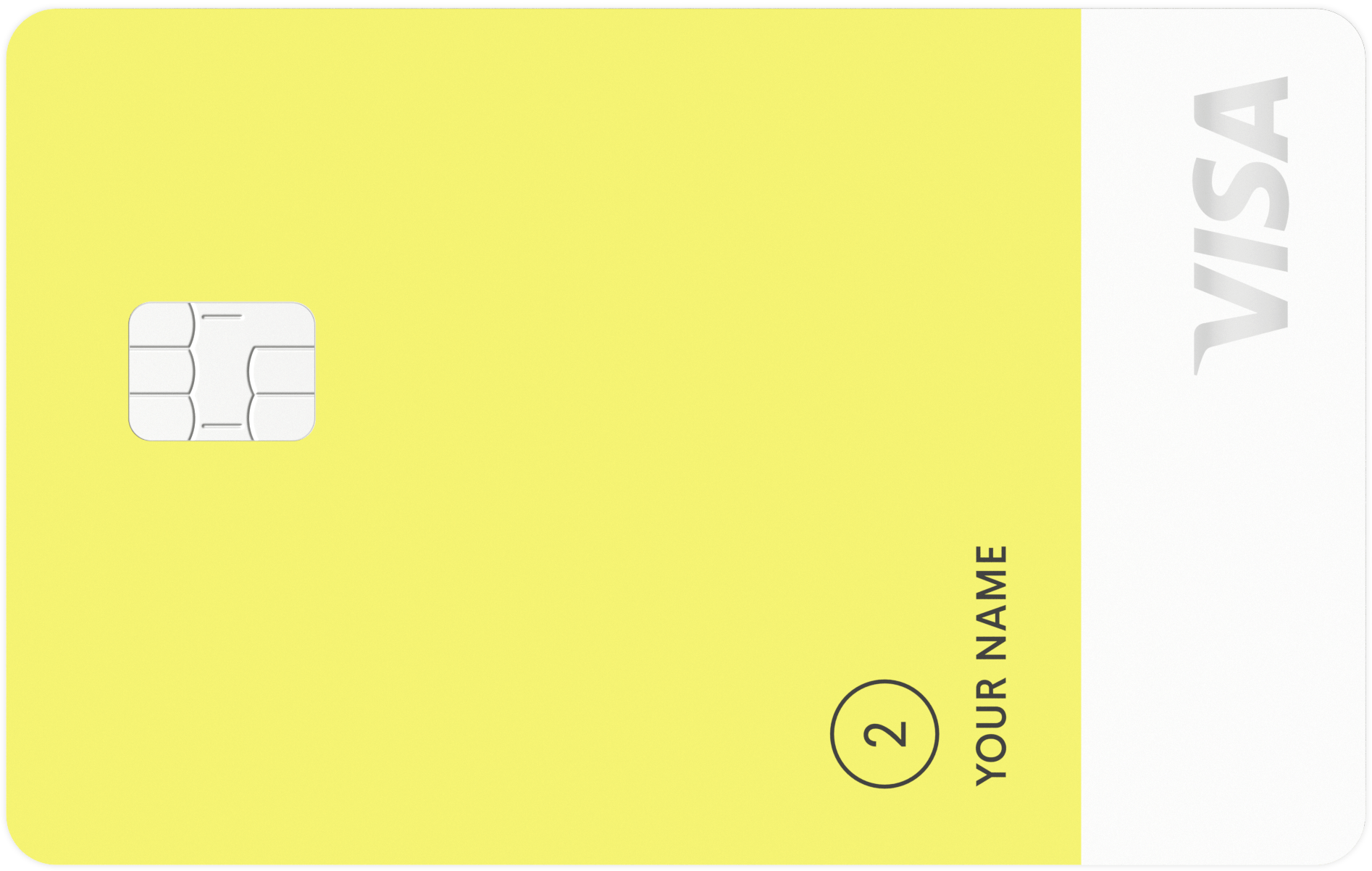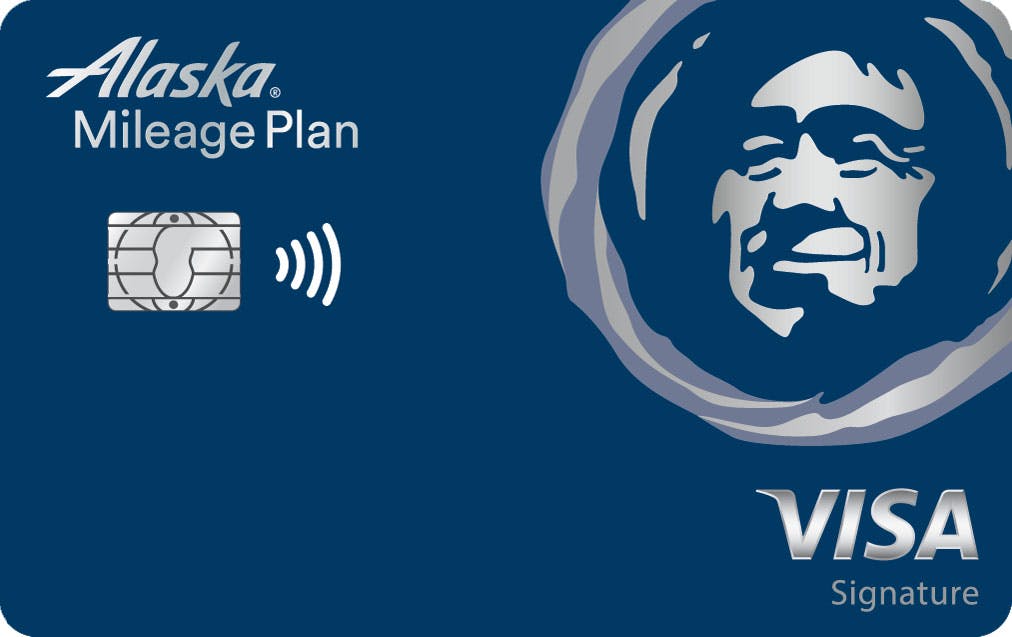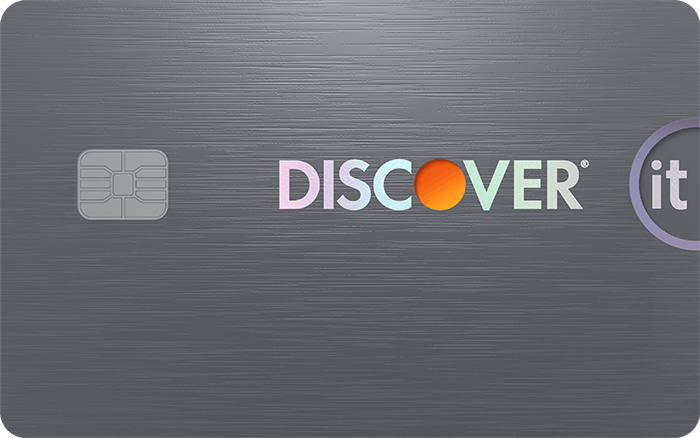Shop credit cards
We think you'll love these cards from our partners.
CK Editors’ Tips††: The best credit cards can help you earn rewards, build credit or manage debt. When you’re shopping for a card, consider the goals you’re trying to reach. Once you know what you’re looking for, you’re more likely to focus on the features that matter most to you.Read more
How to find the best credit card for you
The best credit card for you is one that fits your needs, not just the card that offers the most features. When you compare cards, think about your spending habits and credit situation. Are you willing to pay an annual fee? Do you spend a lot on groceries? Do you need access to credit with reasonable terms?
Once you focus on the answers to these kinds of questions, you’re more likely to find the right card for you.
The best credit card for you is one that fits your needs, not just the card that offers the most features. When you compare cards, think about your spending habits and credit situation. Are you willing to pay an annual fee? Do you spend a lot on groceries? Do you need access to credit with reasonable terms?
Once you focus on the answers to these kinds of questions, you’re more likely to find the right card for you.
How we picked the best credit cards
To pick the best credit cards, we identified several crucial categories that fit a wide range of needs. From there, we selected the best credit cards in each category based on our editorial reviews and deep knowledge of the overall credit card landscape. Read more about our methodology for picking the best credit cards.
Jump to editors’ picksTo pick the best credit cards, we identified several crucial categories that fit a wide range of needs. From there, we selected the best credit cards in each category based on our editorial reviews and deep knowledge of the overall credit card landscape. Read more about our methodology for picking the best credit cards.
Great for a long balance transfer offer††
Great for a long balance transfer offer††
Citi Simplicity® Card
Intro balance transfer APR
0% for 21 MonthsRegular balance transfer APR
18.24% - 28.99%* VariableBalance transfer fee
Intro fee 3% of each transfer ($5 min) completed within the first 4 months of account opening. After that, 5% of each transfer ($5 min).Annual fee
$0
Intro balance transfer APR
0% for 21 Months
Regular balance transfer APR
18.24% - 28.99%* Variable
Balance transfer fee
Intro fee 3% of each transfer ($5 min) completed within the first 4 months of account opening. After that, 5% of each transfer ($5 min).
Annual fee
$0
- No Late Fees, No Penalty Rate, and No Annual Fee... Ever
- 0% Intro APR on balance transfers for 21 months and on purchases for 12 months from date of account opening. After that the variable APR will be 18.24% - 28.99%, based on your creditworthiness. Balance transfers must be completed within 4 months of account opening.
Great for high flat-rate travel rewards††
Great for high flat-rate travel rewards††
Capital One Venture Rewards Credit Card
Rewards rate
2x - 5xMiles per dollarAnnual fee
$95Welcome bonus
75,000MilesEditors' bonus estimate
$915
Rewards rate
2x - 5x Miles per dollar
Annual fee
$95
Welcome bonus
75,000 Miles
Editors' bonus estimate
$915
- Enjoy $250 to use on Capital One Travel in your first cardholder year, plus earn 75,000 bonus miles once you spend $4,000 on purchases within the first 3 months from account opening - that’s equal to $1,000 in travel
- Earn unlimited 2X miles on every purchase, every day
Great for high flat-rate cash back††
Great for high flat-rate cash back††
Citi Double Cash® Card
Rewards rate
1% - 5%Cash backAnnual fee
$0Welcome bonus
$200
Rewards rate
1% - 5% Cash back
Annual fee
$0
Welcome bonus
$200
- Earn $200 cash back after you spend $1,500 on purchases in the first 6 months of account opening. This bonus offer will be fulfilled as 20,000 ThankYou® Points, which can be redeemed for $200 cash back.
- Earn 2% on every purchase with unlimited 1% cash back when you buy, plus an additional 1% as you pay for those purchases. To earn cash back, pay at least the minimum due on time. Plus, a special travel offer, earn 5% total cash back on hotel, car rentals and attractions booked on the Citi Travel℠ portal through 12/31/25.
Great for a long balance transfer offer††
Great for a long balance transfer offer††
Citi® Diamond Preferred® Card
Intro balance transfer APR
0% for 21 monthsRegular balance transfer APR
17.24% - 27.99%* VariableBalance transfer fee
5%, Min: $5Annual fee
$0
Intro balance transfer APR
0% for 21 months
Regular balance transfer APR
17.24% - 27.99%* Variable
Balance transfer fee
5%, Min: $5
Annual fee
$0
- 0% Intro APR on balance transfers for 21 months and on purchases for 12 months from date of account opening. After that the variable APR will be 17.24% - 27.99%, based on your creditworthiness. Balance transfers must be completed within 4 months of account opening.
- There is a balance transfer fee of either $5 or 5% of the amount of each transfer, whichever is greater
Great for no annual fee††
Great for no annual fee††
Petal® 1 Visa® Credit Card
Rewards rate
2% - 10%Cash backAnnual fee
$0
Rewards rate
2% - 10% Cash back
Annual fee
$0
- No annual fee, and no security deposit required
- 2-10% cash back at select local and national merchants
Great for a lower security deposit††
Great for a lower security deposit††
Capital One Platinum Secured Credit Card
Min. deposit
$49, $99 or $200RefundableRegular purchase APR
29.74% (Variable)Annual fee
$0
Min. deposit
$49, $99 or $200 Refundable
Regular purchase APR
29.74% (Variable)
Annual fee
$0
- No credit score required to apply, but may be used if available
- No annual or hidden fees. See if you're approved in seconds
Great for rewards with no credit history††
Great for rewards with no credit history††
Petal® 2 Visa® Credit Card
Rewards rate
1% - 10%Cash backAnnual fee
$0
Rewards rate
1% - 10% Cash back
Annual fee
$0
- No annual fee– in fact, no fees of any kind
- Up to 1.5% cash back on unlimited everyday purchases (1% right away increases to 1.25% after 6 monthly on time payments and 1.5% after another 6 monthly on time payments)
Great for flying with friends or family††
Great for flying with friends or family††
Alaska Airlines Visa Signature® credit card
Rewards rate
1x - 3xMiles per dollarAnnual fee
$95Welcome bonus
60,000MilesEditors' bonus estimate
$1,092
Rewards rate
1x - 3x Miles per dollar
Annual fee
$95
Welcome bonus
60,000 Miles
Editors' bonus estimate
$1,092
- LIMITED TIME ONLINE OFFER—60,000 Bonus Miles + a 30% Flight Discount Code!
- Receive a 30% flight discount code for a qualifying future flight after opening your new account. Additionally, earn 60,000 bonus miles plus Alaska's Famous Companion Fare™ ($99 fare plus taxes and fees from $23) after making $3,000 or more in purchases within the first 90 days of opening your account.
Great for graduating to unsecured credit††
Great for graduating to unsecured credit††
Discover it® Secured Credit Card
Min. deposit
$200RefundableRegular purchase APR
27.24% Variable APRAnnual fee
$0Rewards rate
1% - 2%Cash back
Min. deposit
$200 Refundable
Regular purchase APR
27.24% Variable APR
Annual fee
$0
Rewards rate
1% - 2% Cash back
- No credit score required to apply. No Annual Fee.
- Your secured credit card requires a refundable security deposit, and your credit line will equal your deposit amount, starting at $200. Bank information must be provided when submitting your deposit.
Great for rotating cash back categories††
Great for rotating cash back categories††
Discover it® Student Cash Back
Rewards rate
1% - 5%Cash backAnnual fee
$0
Rewards rate
1% - 5% Cash back
Annual fee
$0
- INTRO OFFER: Unlimited Cashback Match for all new cardmembers – only from Discover. Discover will automatically match all the cash back you’ve earned at the end of your first year! There’s no minimum spending or maximum rewards. So you could turn $50 cash back into $100. Or turn $100 cash back into $200.
- Earn 5% Cashback Bonus® at Grocery Stores and Wholesale Clubs, April 1 through June 30, 2025, on up to $1,500 in purchases, when you activate. Plus, earn unlimited 1% cash back on all other purchases.
More cards by category
Shop all cardsMore ways to browse cards
†† The opinions you read here come from our editorial team. Intuit Credit Karma receives compensation from third-party advertisers, but that doesn’t affect our editors' opinions. Our marketing partners don’t review, approve or endorse our editorial content. It’s accurate to the best of our knowledge when it’s posted.
